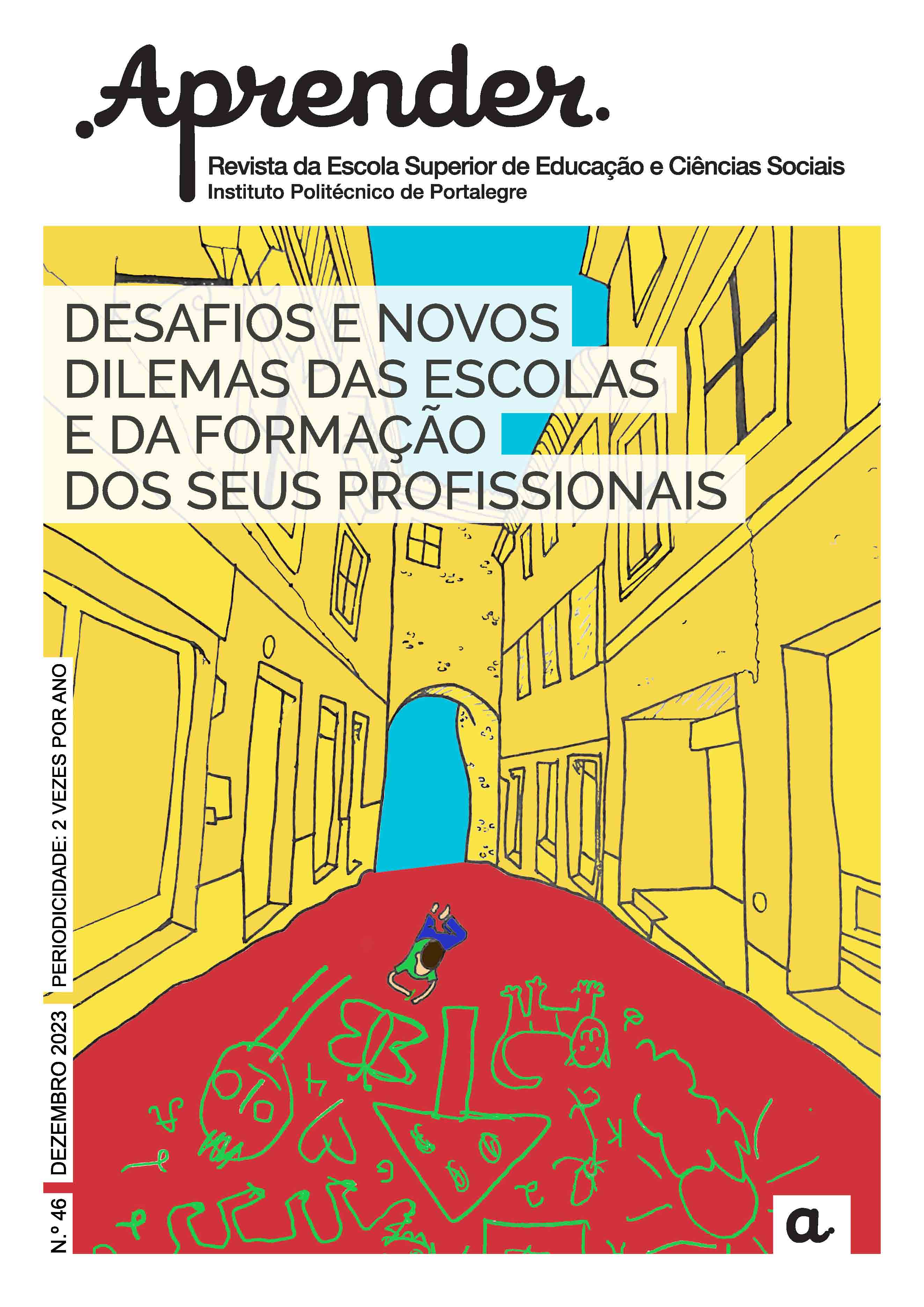EmotioEmotional intelligence as an essential competence in teacher training
DOI:
https://doi.org/10.58041/aprender.200Keywords:
emotional intelligence, emotional exhaustion , self-efficacy , teachers , initial trainingAbstract
Teaching is an emotional activity, sometimes resulting in emotional exhaustion and decreased teacher self-efficacy. Despite the significance of teachers' emotional competencies, they are still not included in their initial training. So, this study aimed to investigate how emotional intelligence influences emotional exhaustion and teacher self-efficacy. A sample of 674 teachers (Mage= 50.34), from Portuguese public schools, filled in three valid scales measuring perceptions of emotional intelligence, emotional exhaustion, and self-efficacy. Using the structural equation modeling technique, the results showed that teachers with a higher perception of their emotional intelligence have lower levels of emotional exhaustion and higher levels of self-efficacy. In conclusion, it is important to include emotional education in initial teacher training because of emotional intelligence's implications for these professionals' well-being and activity.
Downloads
Published
Issue
Section
License
Copyright (c) 2023 Sabina Valente, Abílio A. Lourenço, Pedro Amaro

This work is licensed under a Creative Commons Attribution 4.0 International License.







